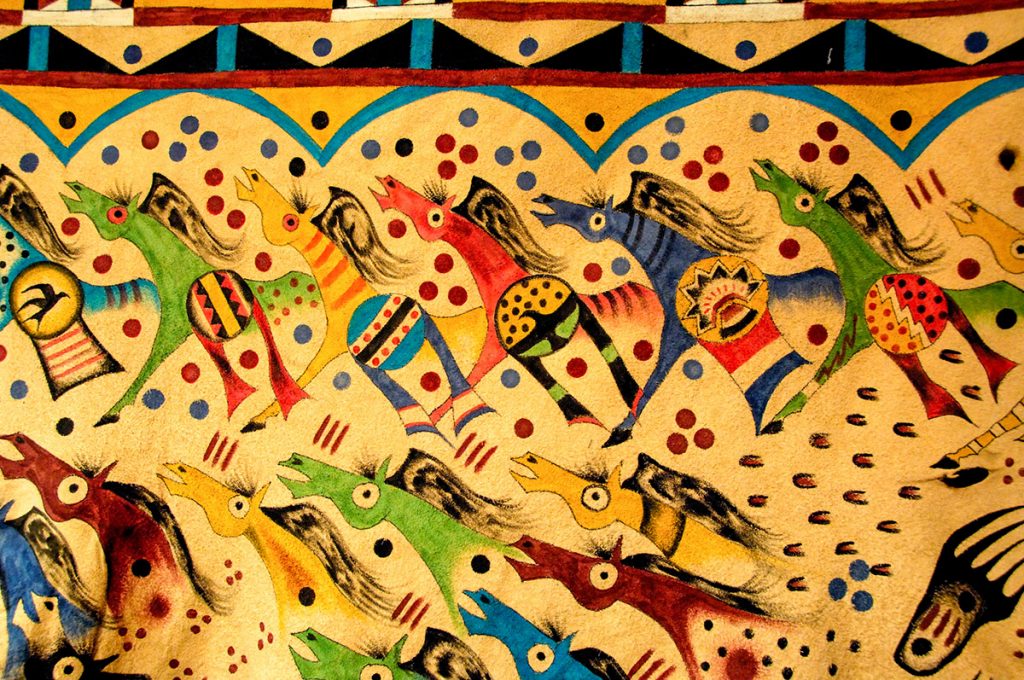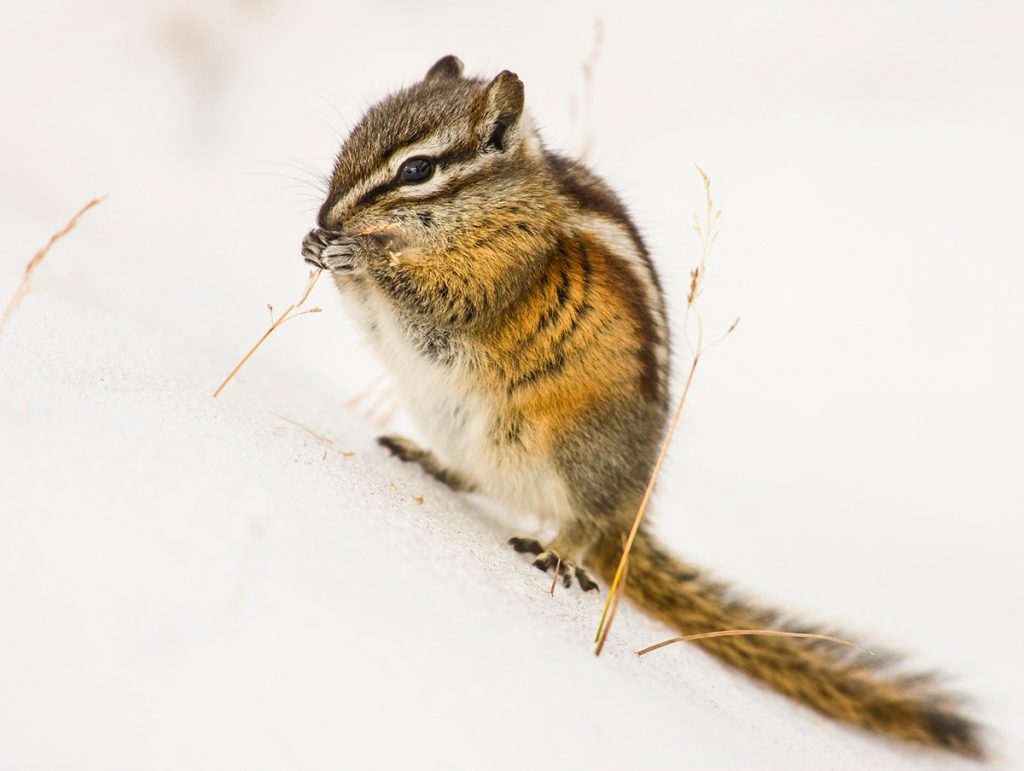When Spanish, English and French explorers and settlers arrived in the Americas, they were confronted by plants, animals, places and cultural objects they had never seen.
The newcomers borrowed names from hundreds of Native tribes and languages they encountered across the continents. Many of these words are so thoroughly incorporated into American English and other contemporary languages that people aren’t aware of their origins.
Place names, including half of the 50 U.S. states, were taken from Native Americans. One example is Connecticut (derived from the word Quinnitukqut, meaning “long river,” which is what the Mohegan tribe called the longest river in New England). Here are other examples:
- Hawaii is likely from the Native Hawaiian word Hawai’i (from Proto-Polynesian hawaiki, meaning “place of the gods”).
- Kansas derives from Kansa, which refers to the Kansa tribe. The name means “south” and is a shortened form of the tribe’s full name, People of the South Wind.
- Kentucky is a variant of Kentake, which is believed to derive from Iroquoian words for “meadow” or “field.”
- Massachusetts evolved from Massachuset, a Wampanoag Indian name meaning “by the hills.”
- Michigan can be traced to Mshigem or Misigami, the names for Lake Michigan in the Potawatomi and Ojibwe languages. (Both names mean “great lake.”)
- The neighboring states of North Dakota and South Dakota reflect the area’s earliest inhabitants, the Dakota people — whose name means “friends” or “allies.”
- Tennessee has its origins in Tanasi and/or Tanasqui, names of Cherokee towns in the region.
- Wisconsin emerged from Wishkonsing, the Ojibwe name for the Wisconsin River.
- Utah probably owes its name to the Ute Indian tribe, whose members live primarily in Utah and Colorado. This tribal name may have come from the word nuutsiu, which means “the people” in the Ute language. It may also be derived from yuttahih, the Apache word for “people higher up.”

This buckskin painting of stylized horses was created by an artist of the Lakota (Sioux) people of South Dakota. (© Danita Delimont/Alamy)
In some cases, word origins are still in dispute, but the following words are commonly traced to Native American languages:
- Avocado (from the Nahuatl word ahuácatl)
- Barbecue (from the Taino word barbacoa)
- Chocolate (from the Nahuatl word chocolatl)
- Chipmunk (from the Algonquian word chitmunk)
- Cigar (from the Maya word sik’ar)
- Coyote (from the Nahuatl word cóyotl)
- Hurricane (from the Taino word, via Spanish, hurakán)
- Iguana (from the Arawak word iwana)
- Jaguar (from the Guarani word jaguá)
- Opossum (from the Virginia Algonquian word aposoum)
- Persimmon (from the Cree word pasiminan)
- Piranha (from the Tupi word pirátsainha)
- Potato (from the Taino word batata)

The chipmunk owes its name to the Algonquin-speaking Native peoples of North America. (© Joe Austin Photography/Alamy)
These names help illustrate how Native Americans have shaped and enriched U.S. language, history and culture. The next time you fire up your barbecue, eat chocolate or plan a visit to Hawaii, remember whose words you’re using.







COMMENTS1
title picture is so good! Indian horses on leather looks amazing
LEAVE A COMMENT
TOP